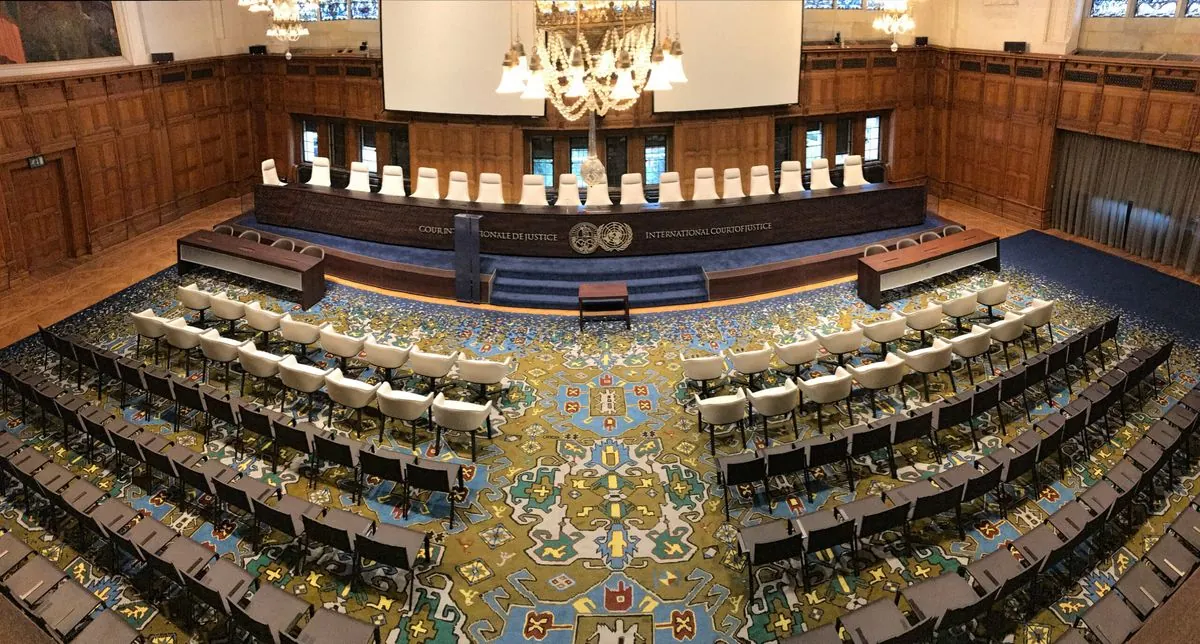ICC Probes Hamas Leader's Death, May Drop Arrest Warrant
ICC prosecutors investigate Mohammed Deif's reported death, considering warrant withdrawal. Arrest warrants for Israeli and Hamas leaders under review, sparking controversy and criticism.

The International Criminal Court (ICC) is currently investigating the reported death of Mohammed Deif, a prominent Hamas military leader. Prosecutors have indicated their willingness to withdraw the arrest warrant application against Deif if his demise is confirmed, according to legal documents made public on September 10, 2024.
Deif, aged 58, was believed to be a key strategist behind the October 7, 2023 attack on southern Israel, which ignited the Gaza conflict. Israeli authorities claim he was eliminated in an airstrike on Khan Younis, a southern Gaza city, on July 13, 2024. Hamas has neither confirmed nor denied this assertion.
The ICC's approach to Deif's case reflects its commitment to accuracy and fairness in legal proceedings. This development follows the court's recent termination of proceedings against Ismail Haniyeh, another Hamas leader, who was assassinated in Iran on July 31, 2024.

The court is currently deliberating on requests for arrest warrants against both Israeli and Hamas leaders. In May 2024, ICC Chief Prosecutor Karim Khan sought warrants for Haniyeh, Deif, and current Hamas leader Yahya Sinwar, citing alleged war crimes and crimes against humanity during the October 7 attacks. Simultaneously, warrants were requested for Israeli Prime Minister Benjamin Netanyahu and Defense Minister Yoav Gallant for alleged offenses during Israel's Gaza offensive.
"Unfortunately, we have seen from the beginning that the proceedings in The Hague are politically biased and have no professional legal basis whatsoever"
Netanyahu strongly criticized the ICC's proceedings, rejecting the comparison made between Israeli officials and Hamas leaders as a "moral disgrace of the highest order." Hamas has also denounced the arrest warrant applications.
It's important to note that the ICC, established in 2002, has jurisdiction over four main crimes: genocide, crimes against humanity, war crimes, and the crime of aggression. As of 2024, 123 countries are state parties to the Rome Statute of the ICC. The court relies on cooperation from member states to enforce its arrest warrants, as it lacks its own police force.
The timeline for the judges' decision on these applications remains uncertain, with previous cases taking anywhere from one to eight months for warrant issuance. This process underscores the complex nature of international criminal justice and the challenges faced by the ICC in addressing high-profile cases amidst ongoing conflicts.


































